
Why Australia’s community organisations need a new governance model
Posted on 25 Feb 2026
Australia’s community organisations are quietly holding society together. From local sporting clubs…
Posted on 30 Apr 2024
By Greg Thom, journalist, Institute of Community Directors Australia

The death of Australian aid worker Zomi Frankcom and six of her colleagues killed when their convoy was mistakenly targeted in Gaza has highlighted the risks humanitarian workers face in hot spots across the globe.
Just 10 days after the Israeli airstrike on the World Central Kitchen (WCK) convey, Australian UNICEF worker Tess Ingram told how her vehicle was hit by stray bullets while waiting to deliver humanitarian aid to northern Gaza.
The WCK tragedy, which reverberated around the world, sent a particular shudder down the spine of veteran Médecins Sans Frontières (Doctors Without Borders) worker Arunn Jegan.
“Sadness and shock for the families was my first reaction,” said Arunn, who is currently based in Jerusalem as MSF’s head of mission for the region.
“We all take risks when working in conflict zones, or as aid workers, but death is too high of a price to pay. It made me even more resolute that we need to protect and fight for a safe humanitarian space during conflicts.”
His thoughts were shared by Australian Red Cross worker Louise McCosker, who is based in Ukraine co-ordinating the organisation’s aid efforts.
“My heart goes out to the families, colleagues and friends of those who were killed,” she said of the deadly Gaza attack.
“Unfortunately, we have lost too many humanitarian workers, including those from the Red Cross, as they go about their work of helping people and alleviating suffering.”
As international aid workers, Arunn and Louise have notched up postings in war-torn environments across the world.
For Arunn, these include hot spots such as Yemen, Afghanistan, Syria and Palestine. Louise lists Iraq, Afghanistan and Ukraine on her CV.
Both said risk inevitably accompanies the reward of delivering humanitarian aid to those desperately in need in conflict zones.
“Inevitably most places where MSF works are where systems have broken down, either social, governmental, or economic, which usually brings some sort of insecurity,” said Arunn.
“It’s by design that we work in these places because the health systems have also collapsed, and this is where MSF’s programs can make a real impact.”
Making an impact without getting caught in the cross hairs of warring combatants, however, can be tricky.
“In Yemen, the kidnapping risk is very high, but I was mostly exposed to high levels of armed conflict,” said Arunn.
One way in which this scenario played out was the decision by an army commander to routinely place a tank behind Arunn’s team’s UNICEF compound and fire towards the front-line.
“It was not uncommon for our building to get return fire, and for windows to be broken and shrapnel to hit our home which was located in the hospital,” said Arunn.
“It was a constant negotiation to ask them to move the tank. We had to gently persuade the commander. However, the most effective form of negotiation was to show how it impacted the medical services to the population.”

“In the end, our access and security should be pre-negotiated, the risks should be clear before we begin, and all of us should understand what the risks are.”
Louise acknowledged the risk to her personal safety of working in a warzone, which made it vitally important to follow security protocols and always remain “hyper aware.”
“I rely heavily on our Red Cross security advisers who do a fantastic job of keeping us as safe as they can,” she said.
“I am always aware in these contexts of the privileged position I am in – as an expatriate who can benefit from this security advice and who can leave these often-dangerous places.
“Many local people do not have this option and they and their families live with this insecurity day in and day out.”
Arunn said humanitarian aid workers must routinely weigh up the risks of staying to continue their mission or withdrawing.
“Fortunately, it is my role [as head of mission] to manage security, so I take the time to analyse the context, manage the risks, and lead the teams through constant engagement with the warring parties and putting up necessary protection measures,” he said.
“When the risk threshold is too high compared to the medical impact we may have, we have to make tough choices to re-think our presence.”
In his role as security manager, Arunn said he thinks of the risk to not only his own personal safety when operating in a dangerous environment, but that of the colleagues under his care.
“Safety and security management is an active action in MSF. It’s a collective responsibility.”
This means being prepared for multiple scenarios and ensuring his teams are briefed on the risks and mitigation measures.
“For example, if we are making a dangerous movement across the frontline, do all team members know how to react if there is an unforeseen checkpoint? Who does the talking? Who is our first point of call in case of an emergency?
“In the end, our access and security should be pre-negotiated, the risks should be clear before we begin, and all of us should understand what the risks are.”
Arunn said a guiding principle within MSF is the right of employees to say no to postings, movements or actions if they feel unsafe – even in light of any guarantees to the contrary.
“I feel like this is a very empowering action and allows me not just to trust the organisation but also to trust my own instincts and capacity.”
The Australian Council for International Development (ACFID) is the peak body representing more than 140 Australian organisations working in international development.

ACFID CEO Marc Purcell described the death of Zomi Frankcom in Gaza as an avoidable tragedy.
“Zomi Frankcom was killed as she did what humanitarian workers in conflict zones around the world do every day – put their lives on the line to alleviate suffering and provide life-saving assistance.”
Mr Purcell said humanitarian workers are protected under international law, but the nature of the conflict across the world today is not allowing them to be protected to do their vital work.
“In doing this work, they often put the lives of others ahead of their own and enter into circumstances many of us would never consider,” he said.
“They do this not because they are compelled to do so but because of their own moral commitment to the greater good, humanity and the prevention of human suffering.”
When asked why people like him place themselves in harm’s way in the name of delivering humanitarian relief, despite knowing the risks, Arunn said the answer was different for everybody.
“For myself, my lived experience as a Tamil during the civil war in Sri Lanka was always my motivation.
“Delivering aid during times of conflict is important. It’s often the only lifeline some people had.”
Arunn said he is driven by the need to ensure people have support, allyship and trust that the world has not forgotten them during one of the most important moments in their lives.
“These moments of connection make the risk worth it,” he said.
“It’s a deep sensation of shared humanity that one can feel, and that’s a purpose worth pursuing and protecting.
“Put simply, it’s these kinds of actions that are transformative and can help heal the world in small ways.”
Louise, who has worked for the Red Cross since 2006 when she was deployed to Banda Aceh following the devastating Boxing Day tsunami, said she felt privileged to play a small role in helping to alleviate the suffering of others.
“It is hugely rewarding to feel that my efforts, no matter how small, may make a difference to fellow human beings who find themselves in the most terrible situations.
“I am always awed by the resilience and tenacity of the people I have been fortunate enough to serve during my Red Cross career. They are the real heroes here.”
People with Purpose: Finding humanity through medicine
Charity regulator issues advice on overseas aid amid a flood of crises

Posted on 25 Feb 2026
Australia’s community organisations are quietly holding society together. From local sporting clubs…
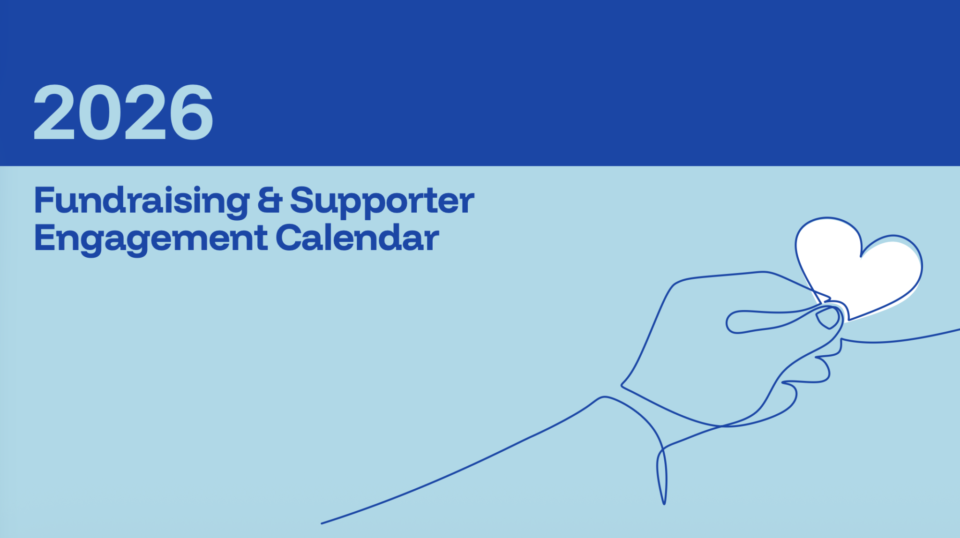
Posted on 25 Feb 2026
Writing communications for donors, stakeholders, regulators and the public can be a relentless task…
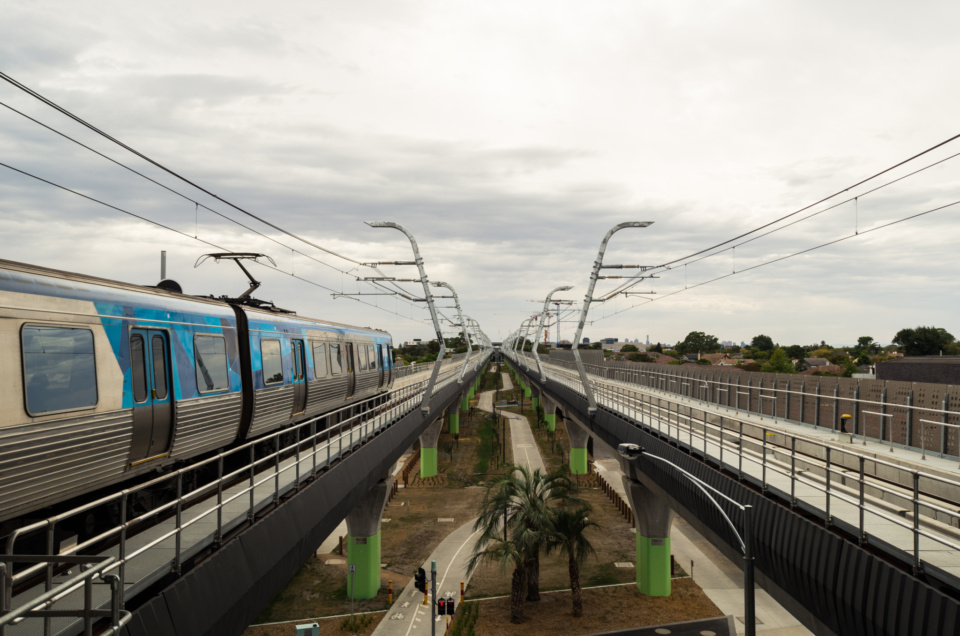
Posted on 25 Feb 2026
A Victorian suburb's hot debate about whether trains should live underground or in the sky ended…
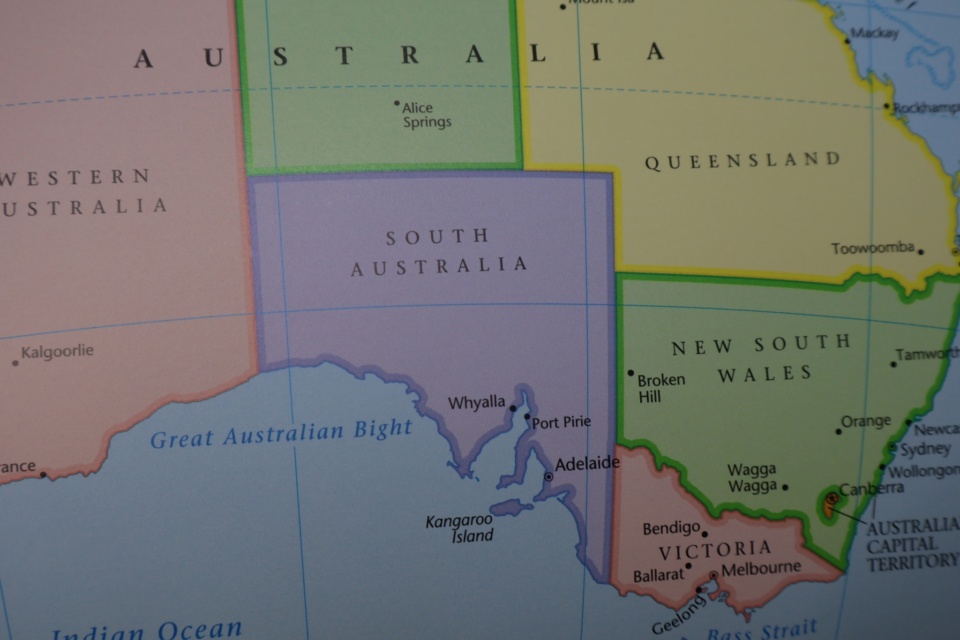
Posted on 25 Feb 2026
Three years after the federal government announced that national fundraising principles would be…
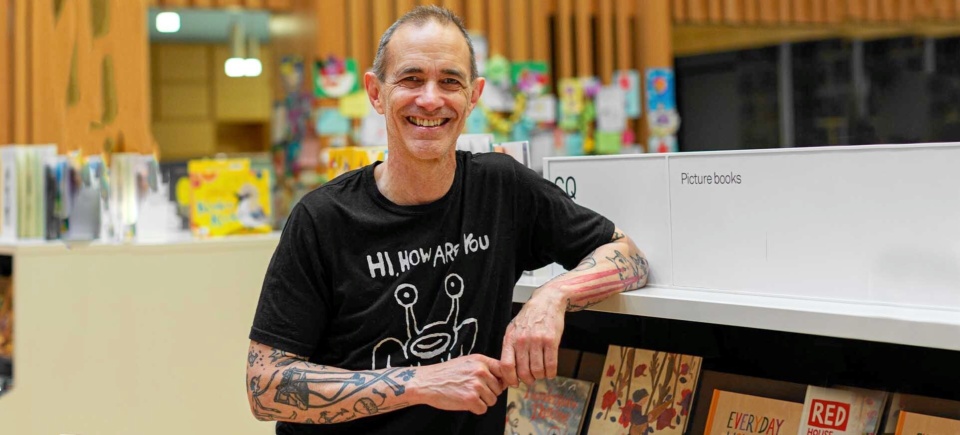
Posted on 25 Feb 2026
Author Andy Griffiths has spent 30 years bringing “punk rock” to children’s books, making kids…
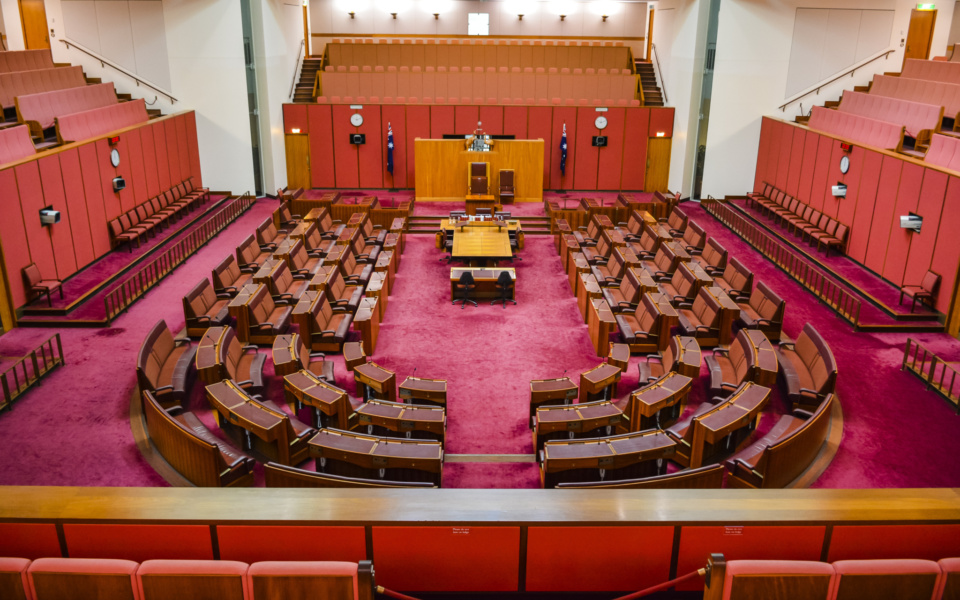
Posted on 25 Feb 2026
Senator Dean Smith is back as shadow minister for charities, and he’s told the Community Advocate…

Posted on 18 Feb 2026
Around 50 per cent of all funding for charities in Australia comes from government. The nature of…

Posted on 18 Feb 2026
You wouldn’t try to fix a complex system with one tool. You’d widen the toolkit, improve the…

Posted on 18 Feb 2026
Australia’s champion laundry van charity, Orange Sky, has announced it is ready to expand into…

Posted on 18 Feb 2026
To have any hope of hitting the grand plan of doubling philanthropy by 2030, Australia needs one…

Posted on 18 Feb 2026
When Nyiyaparli woman Jahna Cedar travels to New York next month as part of the Australian…

Posted on 17 Feb 2026
This is the full academic version of Dr Oksana King's thoughts on the need to better compensate and…